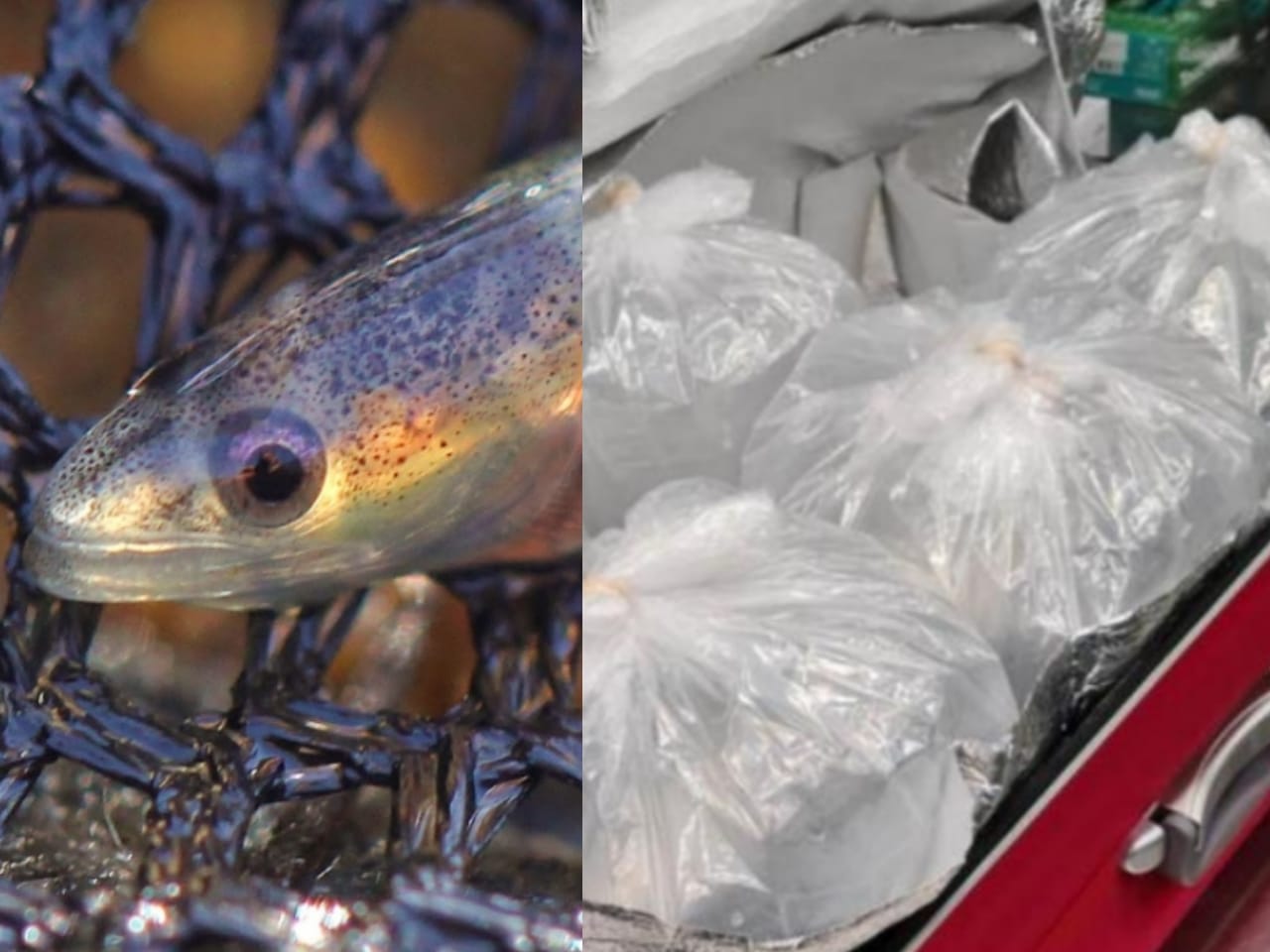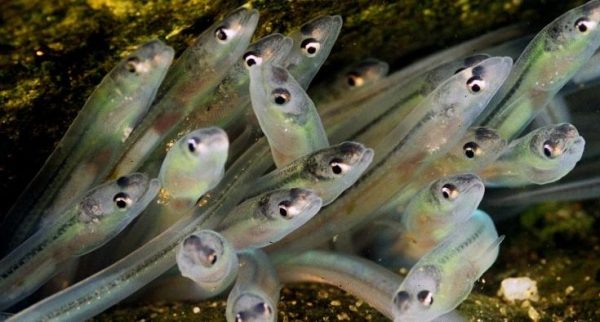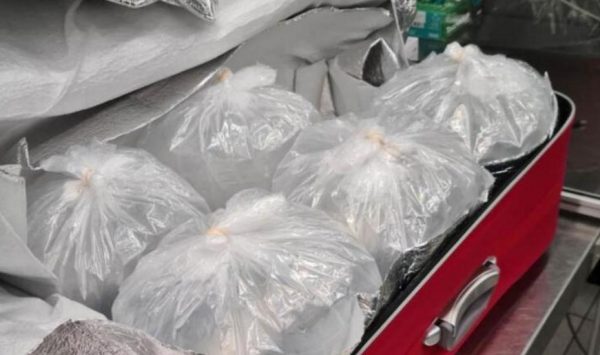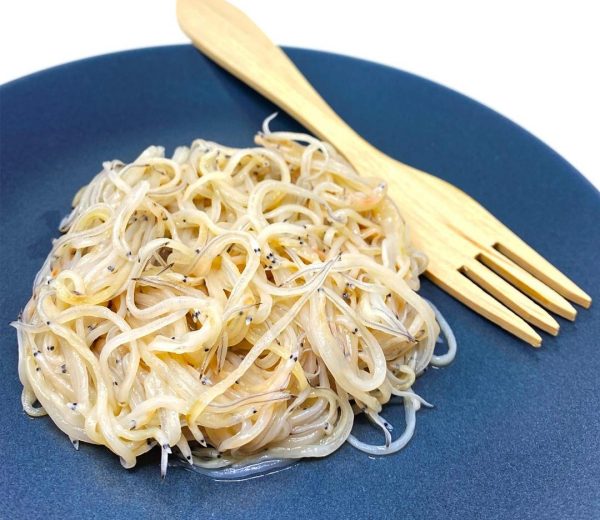Three M’sians Arrested At Schiphol Airport For Smuggling 300,000 Baby Eels Out Of Holland
 Thirsty for JUICE content? Quench your cravings on our Instagram, TikTok and WhatsApp
Thirsty for JUICE content? Quench your cravings on our Instagram, TikTok and WhatsApp

It was reported yesterday (April 14) that three Malaysian citizens, comprising of two men and a woman, were arrested at Amsterdam’s Schiphol airport with hundreds of thousands of baby eels in their possession.
They were travelling back to Malaysia through Portugal.
The three have since been detained, after drawing suspicion for lugging around eight hefty suitcases on Monday.
Netherlands food safety monitoring officers clarified that 105kg, or approximately 300,000 baby eels were almost smuggled through bags, complete with water to accommodate the snake-like creatures.

They also confirmed that the eels will be returned to Dutch waters.
The elvers were identified as glass eels, worth $500 (≈RM 2,100) per pound. In previous years, their value went up to $2400 (≈RM10,200), due to their vital contribution to Asian aquaculture.
BBC also states that their costliness is also the result of “overfishing and ever-increasing faddishness.”

Baby eels are on the list of Spain’s most pricey foods.
Although they do not look particularly appetising, some claim that they taste similar to salmon and catfish. Stringent export rules apply to these tiny elongated fish owing to the fact that they are considered endangered animals; their population has declined by more than 95% since the 80s.
According to The Guardian, glass eel migration peaks in mid-April, because “the moon is bright and the tides are right.”
Additionally, The Freshwater Blog explained Asian eel farming has shifted to using European eels to make up for their high culinary demand.
This illegal trafficking activity has been described as the world’s greatest wildlife crime.
“The tiny eels are often smuggled in suitcases – each containing up to 50,000 fish – and transported by road and air to Asia. Here, they are grown on in fish farms to their full size. Because of the complexity of their lifecycle, European eels cannot be commercially bred in captivity, fostering the demand for glass eels which can be harvested and transported in huge numbers,” said the site.


 Get Audio+
Get Audio+ Hot FM
Hot FM Kool 101
Kool 101 Eight FM
Eight FM Fly FM
Fly FM Molek FM
Molek FM

